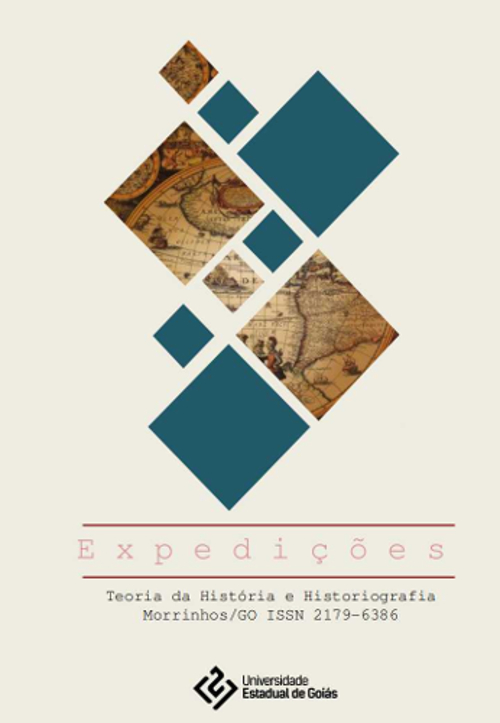Parresía e historiografia feminista no Brasil a partir de Michel Foucault: convergências possíveis
Parresia and feminist historiography in Brazil from Michel Foucault: possible convergences
DOI:
https://doi.org/10.31668/revista_geth.v13iFluxo%20Cont.10976Abstract
One of Michel Foucault’s ascertainment from the study of Classical antiquity shows that it is historically verifiable that other ways of existing and being related to the world had constituted also through self-criticism, the reflection about sexual activity, and the search for an improvement of the individual and the commitment to the parrhesia, the courage of truth. Such finding is meaningful to the research and the Theory of History, since when given critical subsidy to contemplate the plurality and the capacity of one to (re)buid in an active and participative manner towards the ways of subjectivation, also evidences the possibility – and necessity – of considering the struggles and methods of production of subjectivity as historical object and political wrangling. It’s possible, from the philosophical analysis proposed by Foucault, criticize and historicize the notion of a subject and modern ethical individual for being a product and participant of a historically winner, legal-normative moral, that is not unique. Studies unfold such perspective about existences as works of art and the issue of the ethics of the courage of truth, tracing its paths of problematization in the ways of a critical search where the rule of conducts and the fight for the autonomy appear. Particularly, such images of the caring of the self, the arts of living and the parrhesia itself are particularly important to some strands of feminist criticism. This paper aims, then, to problematize how genre studies and a feminist historiography dialogue and problematize the history itself, starting with the philosophical-historian, first in a broader way, and then, verticalizing such reflection in a historiographical work.

